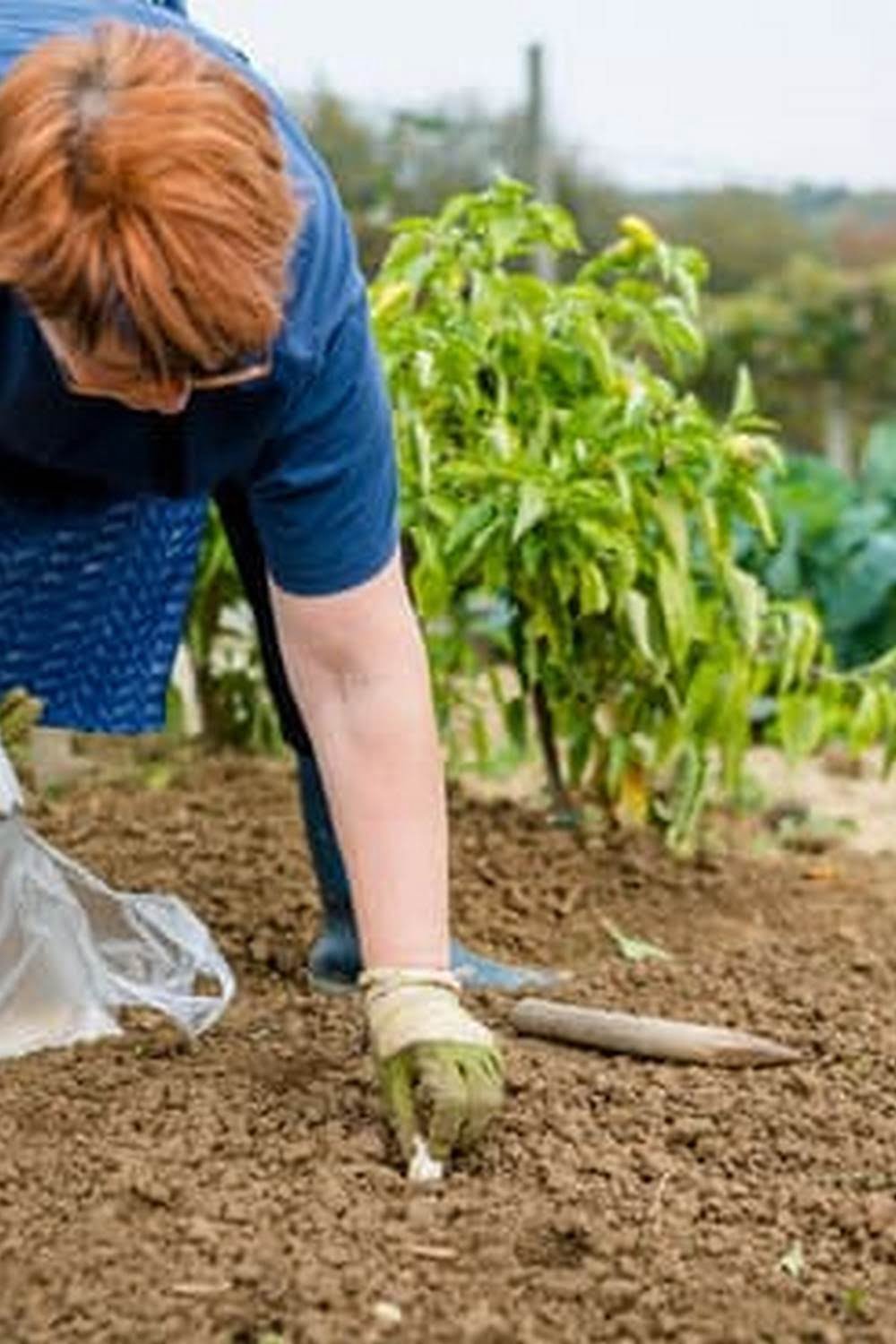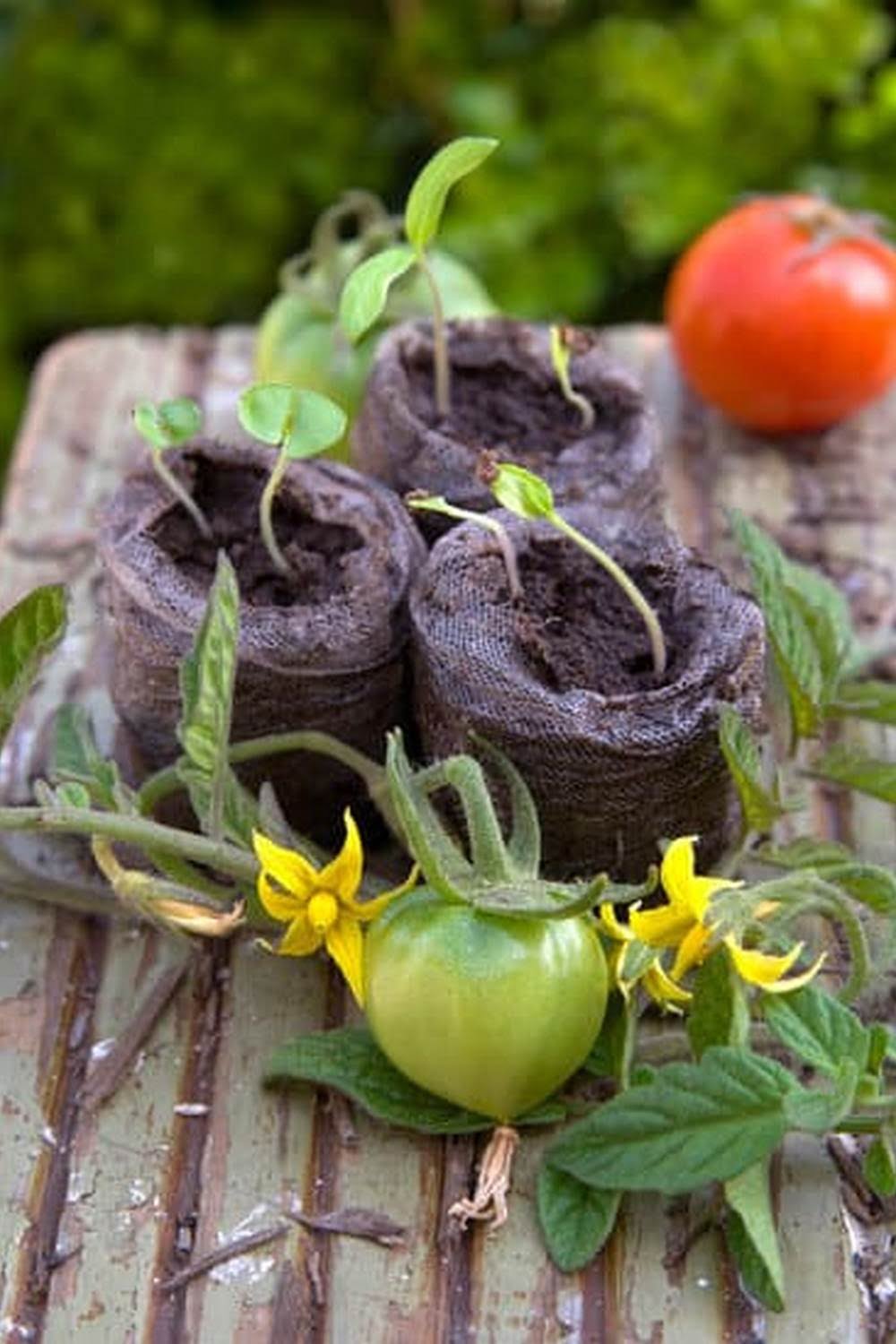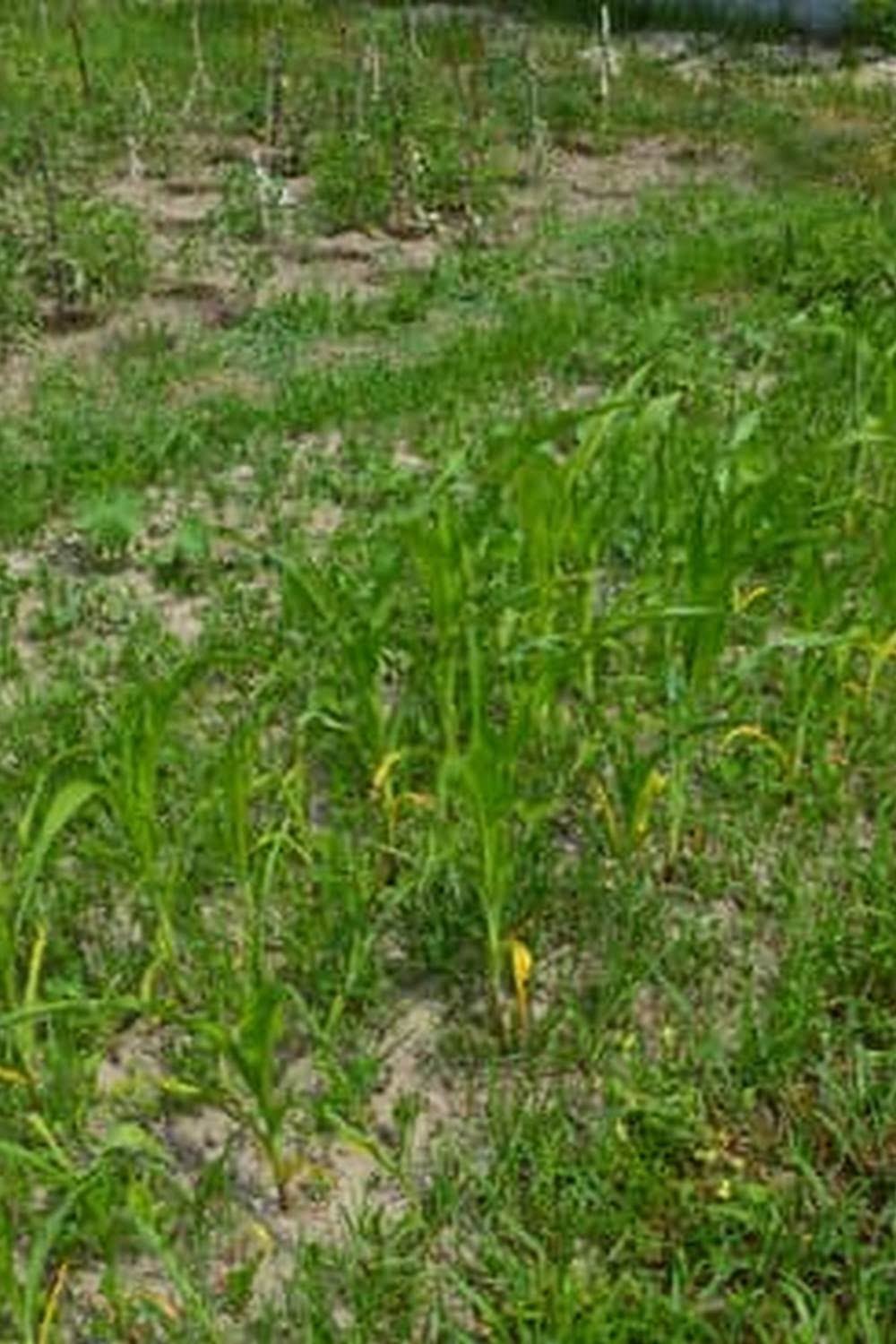Vegetable Garden Clay Soil Preparation
There are a few things to consider when preparing your soil for a vegetable garden. First, you need to assess the soil type. Vegetable garden clay soil preparation will be different than preparing sandy or loamy soil. If you have clay soil, it is important to break up the clumps and add organic matter to improve drainage and soil fertility. You can do this by tilling in compost, manure or other organic matter. Be sure to mix it in well so it can improve the soil structure.
If your soil is sandy, you’ll need to add organic matter to help retain moisture and nutrients. You can do this by adding compost, leaves, grass clippings or other organic materials. Sandy soil can also be improved by adding some clay to it.
If your soil is loamy, you’ll likely only need to add compost to increase the organic matter and improve drainage.
Once you’ve prepared the soil, it’s time to plant your vegetables. Be sure to read the planting instructions for each variety to be sure you are planting them in the right type of soil.
Vegetable Garden Soil Testing
Are you curious about the quality of your garden soil? Do you want to know if your soil is rich in nutrients and healthy for growing vegetables? If so, you can test your soil yourself with a few simple tools.
Testing your soil is a good way to determine which nutrients your soil is lacking, and how to amend it. There are a few different methods of soil testing, but all of them involve extracting a soil sample and then sending it to a lab for analysis.
The most common type of soil test is a chemical analysis, which measures the levels of nutrients in your soil. The lab will test for nitrogen, phosphorus, potassium, calcium, magnesium, and sulfur. They will also test for pH levels, organic matter, and cation exchange capacity.
If you’re interested in a chemical analysis, you can purchase a soil test kit from a garden center or online. The kit will include a soil sample container, instructions, and a lab submission form. Once you have collected a soil sample, fill out the form and send it to the lab. The lab will send you the results of the test, which will tell you which nutrients your soil is lacking and how to amend it.
Another type of soil test is a physical analysis, which measures the size and shape of the soil particles. This type of analysis is useful for determining the texture of your soil. You can purchase a physical analysis kit from a garden center or online, or you can send a soil sample to a lab for analysis.
If you’re interested in a physical analysis, you can collect a soil sample by using a soil probe. The probe will remove a small amount of soil from the top layer of your garden. Once you have collected a sample, fill out the form included in the kit and send it to the lab. The lab will send you the results of the test, which will tell you the texture of your soil and how to amend it.
No matter which type of soil test you choose, it’s important to collect a soil sample from different parts of your garden. This will give you a better understanding of the quality of your soil.
Soil testing is a valuable tool for gardeners, and it’s a good way to ensure that your vegetables are growing in healthy soil. By testing your soil, you can determine which nutrients your soil is lacking and how to amend it.
Best Soil To Use For Vegetable Garden
The best soil to use for a vegetable garden is a combination of organic matter and loam. The organic matter will help to improve the soil structure, while the loam will provide the necessary nutrients for the plants.
If your soil is not suitable for a vegetable garden, you can amend it by adding organic matter such as compost, manure, or leaf mold. Be sure to mix the organic matter in well, and then test the pH to make sure it is in the correct range for vegetables.
If your soil is too acidic, you can add lime to raise the pH. If it is too alkaline, you can add sulfur to lower the pH.
Once you have amended the soil, it is time to start planting! Choose vegetables that are suited to your climate and soil type, and be sure to plant them in the correct zone.
The best way to ensure a successful vegetable garden is to start with healthy soil. By using the right soil mix and amending the soil as needed, you can create a flourishing vegetable garden that will provide you with fresh produce all season long.
Improve Vegetable Garden Soil
It is said that the best way to improve your vegetable garden soil is to add organic matter. This can be accomplished in a number of ways, but the easiest is to simply add compost. Compost is decomposed organic matter that is full of nutrients and beneficial microorganisms that will help to improve your soil.
Another way to improve your soil is to add organic fertilizers. Organic fertilizers are made from natural materials such as animal manure, plant compost, or green manures. They release their nutrients slowly, over time, which is better for the plants and the soil. Inorganic fertilizers, on the other hand, release their nutrients all at once and can actually harm the plants and the soil.
You can also improve your soil by adding soil amendments. Soil amendments are materials that are added to the soil to improve its structure or fertility. Some common soil amendments are limestone, sulfur, and compost.
The best way to improve your soil, however, is to add organic matter, organic fertilizers, and soil amendments. These will help to improve the structure, fertility, and drainage of your soil, and will help your plants to grow healthy and strong.
Miracle-Gro Garden Soil For Flowers And Vegetables
If you are looking for a soil that will help your flowers and vegetables grow big and healthy, look no further than Miracle-Gro Garden Soil For Flowers And Vegetables. This garden soil is enriched with Miracle-Gro plant food, which helps to provide your plants with the nutrients they need to thrive. The soil is also designed to help retain moisture, so your plants will stay hydrated even in hot weather. Miracle-Gro Garden Soil For Flowers And Vegetables is the perfect choice for gardeners who want to get the most out of their plants.

If you’re looking to get into vegetable gardening, or are just looking for some tips on how to make your current garden better, then you’ve come to the right place! My name is Ethel and I have been gardening for years. In this blog, I’m going to share with you some of my best tips on how to create a successful vegetable garden.





